|
Much of the debt being incurred by African countries is through foreign currency denominated Eurobonds issued on international financial markets. This has the International Monetary Fund worried: it believes that countries are on a Eurobond issuing spree and half of them are near or at distressed levels. But Misheck Mutize argues that the rising debt alarm is exaggerated: it’s what African countries pay in interest that’s cause for worry.
Scientists are still investigating the exact origin of the outbreak of the novel coronavirus. Wanda Markotter explains why scientists need to study the horseshoe bat genus (Rhinolophus) closely. Chinese populations of this bat genus have been found to host viruses similar to the new coronavirus. Related viruses in this genus of bats could therefore exist elsewhere, including African countries.
And still with the novel coronavirus, today’s episode of Pasha features Burtram Fielding, who sets out the history of coronaviruses and the various ways to tackle such outbreaks.
|
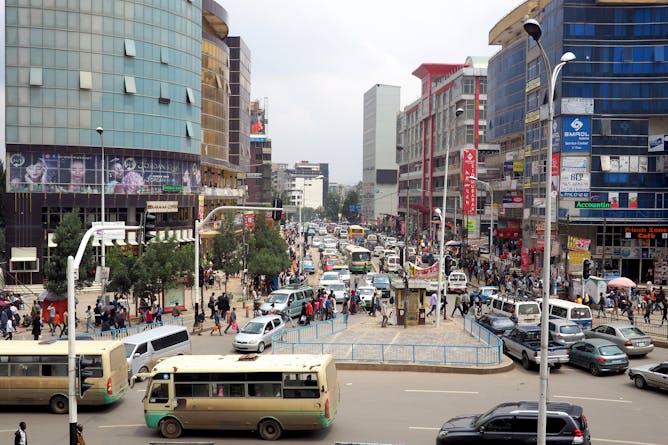
Ethiopia’s economic growth hovered between 8%-11% for over 10 years but its sovereign credit rating has not been upgraded
Shutterstock
Misheck Mutize, University of Cape Town
The alarm being raised by multilateral financial institutions about rising government debt across Africa is exaggerated. The real problem is that African governments pay way over the odds for debt.
|
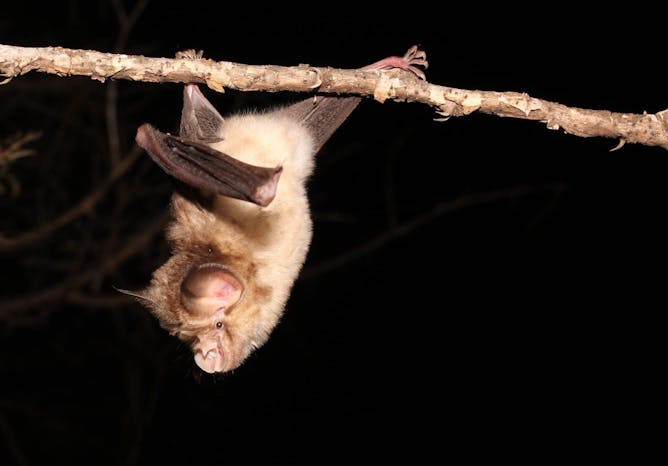
Viral sequences related to known human coronavirus outbreaks have been identified in horsehoe bats.
Dr. Low de Vries
Wanda Markotter, University of Pretoria
Understanding the many factors that may play a role in spillover of pathogens from bats to humans requires systematic surveillance of bat populations.
|
Arts, Culture + Society
|
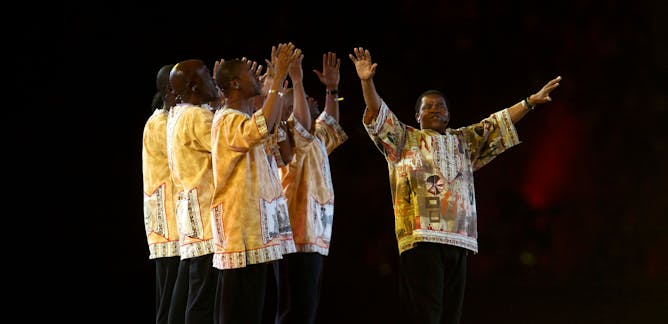
David Coplan, University of the Witwatersrand
Joseph Shabalala would grow world famous for his music. But it is shaped by the spiritual aspects of his life as much as it is by the hardships of black life - and by his dreams.
| |
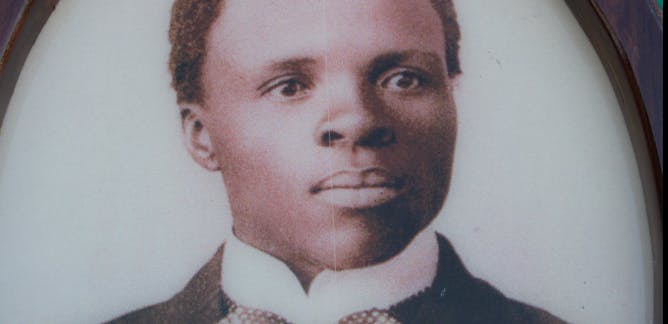
Chris Thurman, University of the Witwatersrand
The life and work of seminal South African writer, intellectual and politician Sol Plaatje seems more relevant than ever. We look into some of the latest scholarly inquiry.
|
|
|
Podcasts
|
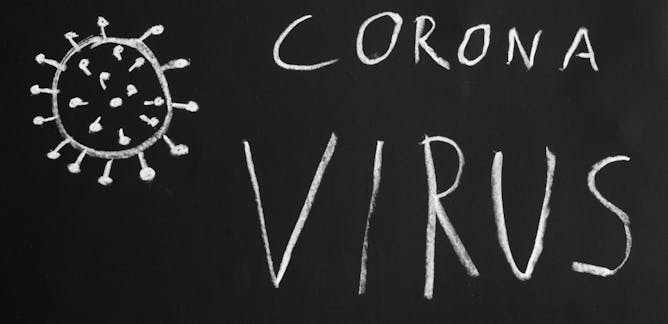
Ozayr Patel, The Conversation
Increases in human density and mobility make the latest coronavirus a serious threat to human health.
| |
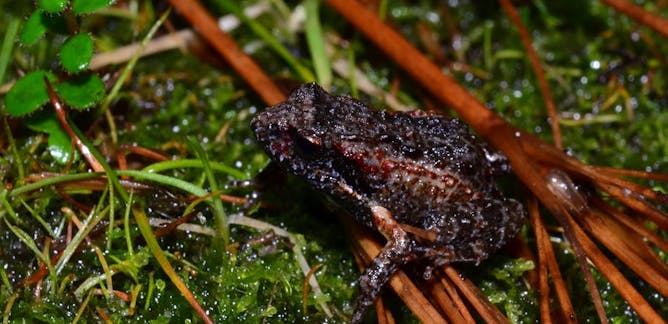
Ozayr Patel, The Conversation
Acoustic monitoring is ideal for tracking the abundance of a species over time, because it has minimal impact on the species being monitored.
|
|
|
En français
|
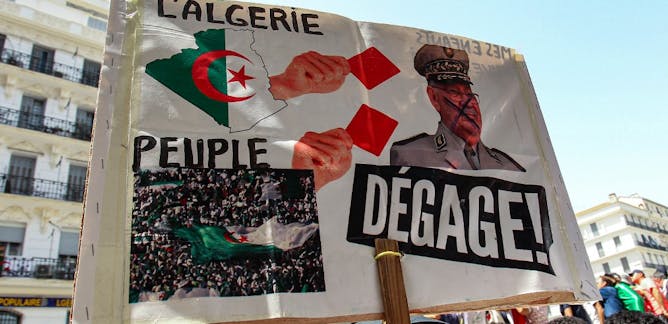
Luis Martinez, Sciences Po – USPC
L’armée algérienne se méfie profondément du Hirak, ce mouvement social qui a emporté le système Bouteflika. Au point qu’une alliance entre les militaires et les islamistes n’est pas à exclure…
| |
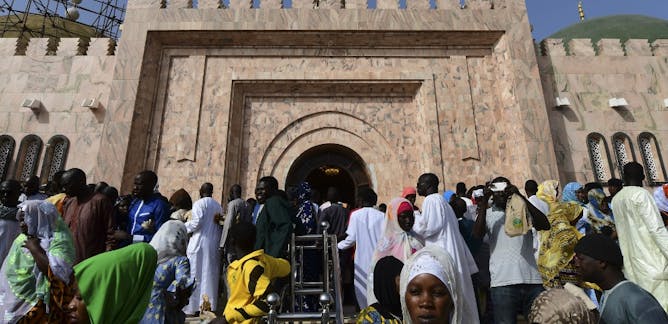
Cheikh Sokhna, Institut de recherche pour le développement (IRD)
Le Magal est un événement religieux annuel à Touba (200 km de Dakar) où convergent des millions de pèlerins. Ce rassemblement expose à des risques accrus de transmission de maladies infectieuses.
|
|
|
From our international editions
|

Heather Lotherington, York University, Canada
The conventions used in texting and tweeting are fundamentally altering how people communicate, but many language apps still rely on old-school English-language grammar.
| |
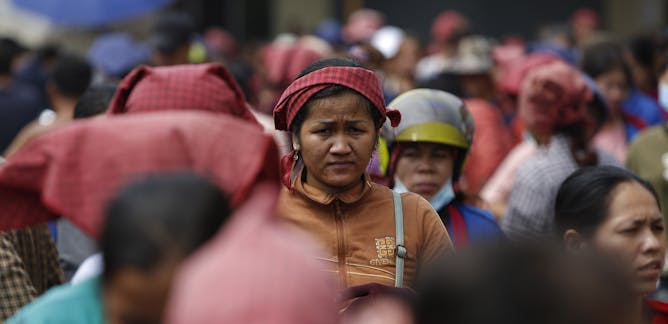
Rhona Smith, Newcastle University
For the first time, the EU has withdrawn some trade preferences for a developing country on its Everything But Arms tariffs.
|
|
|